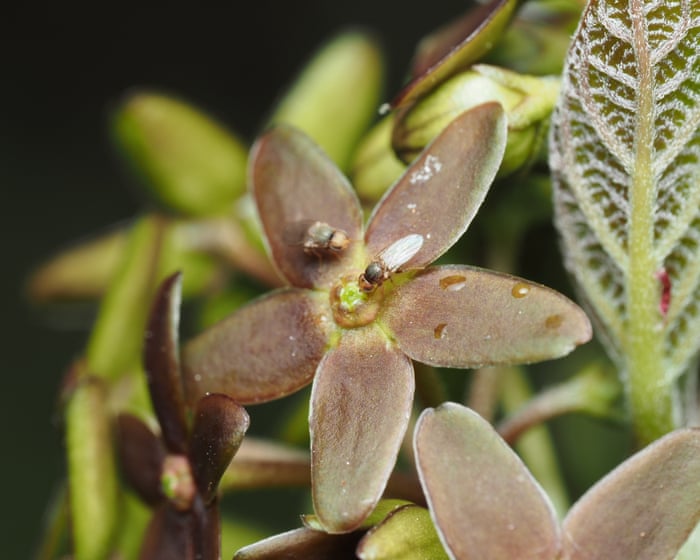Homebound review – emotionally rich study of friends in rural India trying to get home in the pandemic
PositiveScience

Neeraj Ghaywan's film 'Homebound' offers a poignant exploration of friendship and the longing for home during the pandemic, showcasing stellar performances and beautiful cinematography. Having premiered at the Cannes Film Festival, it stands out for its emotional depth and unique storytelling, drawing comparisons to previous works while carving its own identity. This film matters as it reflects the universal struggle of connection and belonging in challenging times, resonating with audiences worldwide.
— Curated by the World Pulse Now AI Editorial System




